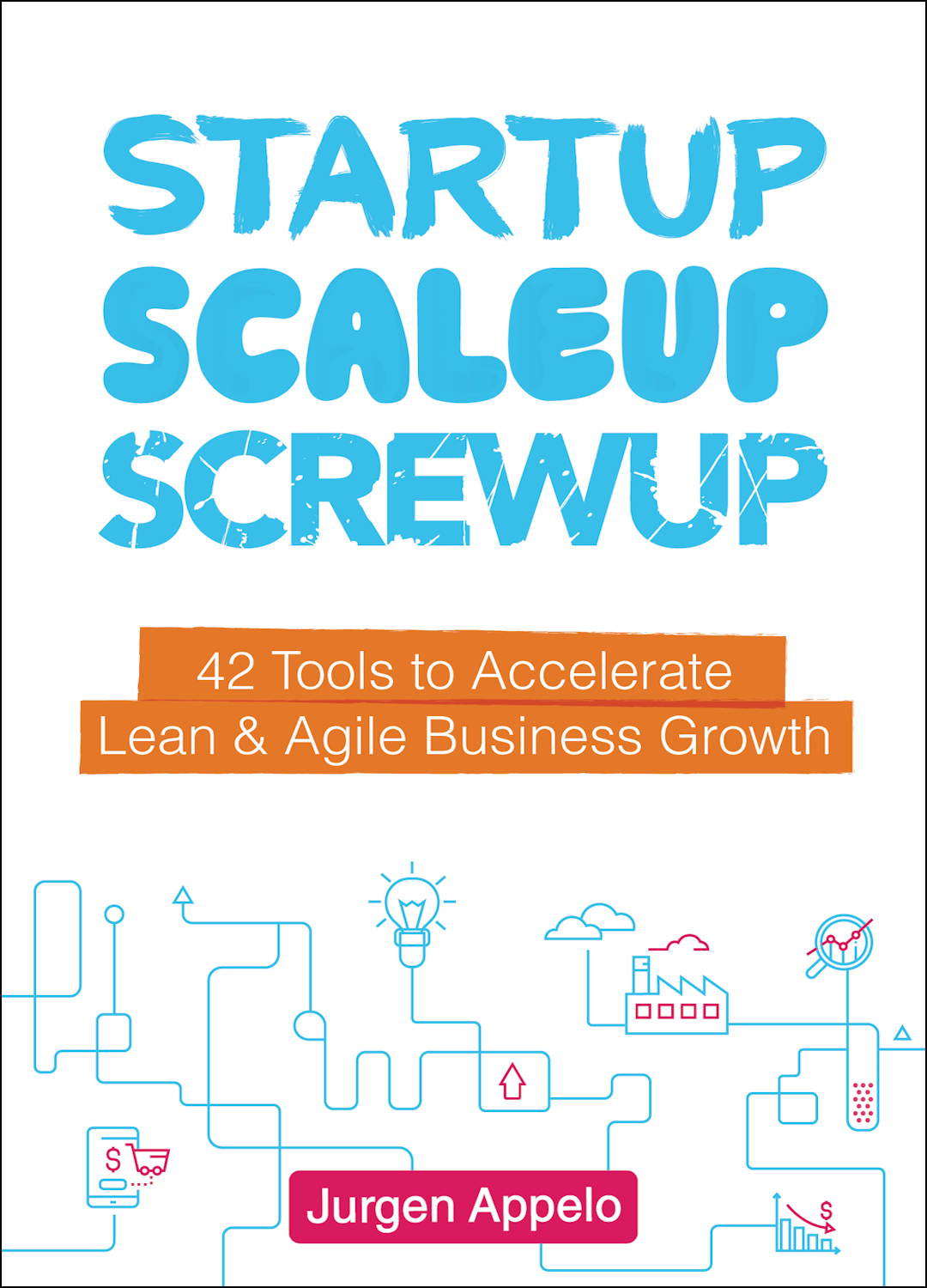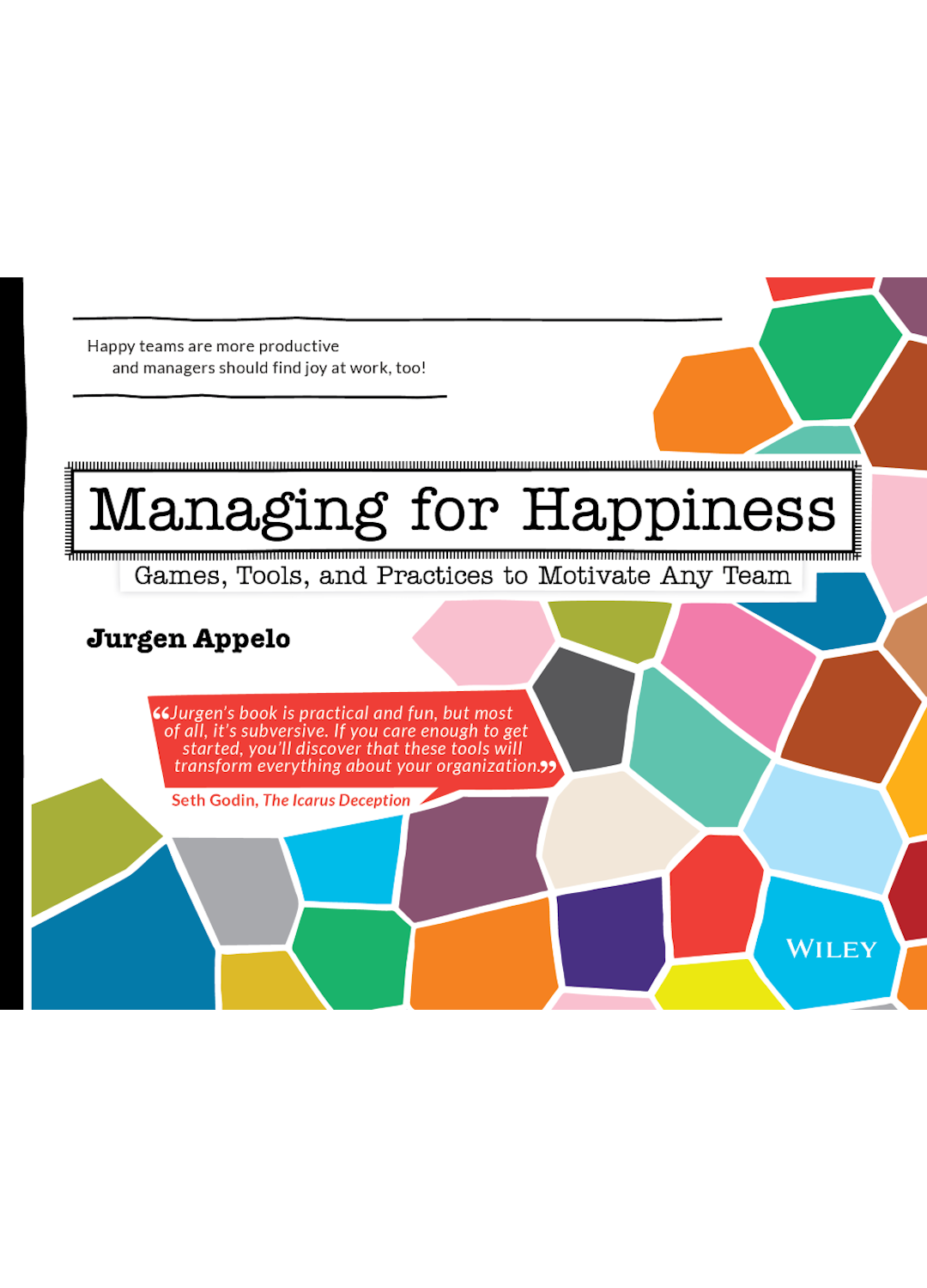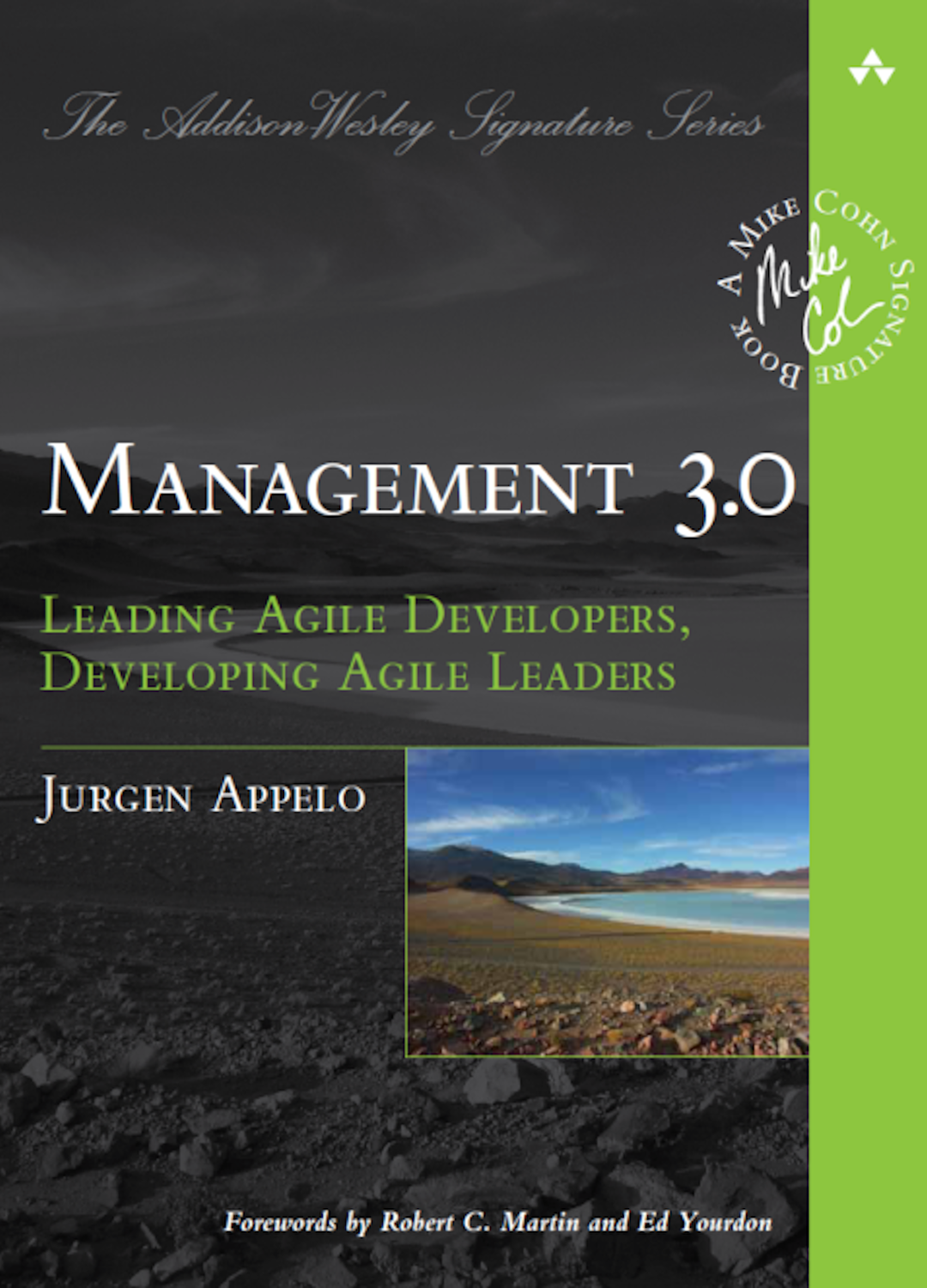Short-termism Deserves a Dying Business
Everything is changing about how we work, who we work with, and what work even is. The smart move is to stay ahead. I help you see what’s coming before the rest do. Subscribe to my Substack and stay sharp.
Businesses die and the world moves on.
At yesterday's Business Change and Transformation event in London, three different participants cornered me after my keynote. They'd appreciated my comments about AI replacing interns and junior staff, but each delivered the same bleak assessment: their CEOs couldn't see past next quarter's numbers. The future of the company is a challenge for next year—literally someone else's problem.
Behavioral scientists have fancy names for this: short-termism, planning myopia, present bias. I call it corporate suicide with quarterly earnings reports as the weapon of choice. The attitude seems to be:
"Let's just focus on what matters today: lowering costs and increasing output, with fewer people and more algorithms. We optimize the current value streams and our quarterly figures, and leave the future of the company to our successors."
My (admittedly naïve) response was that boards of directors exist precisely to prevent this kind of strategic blindness. They're supposed to intervene when CEOs mortgage the future for present-day metrics. The conference participants' reply was swift and brutal: most board members are 65+ fossils who barely understand YouTube or TikTok, let alone AI's disruptive potential.
Fair point.
I've witnessed this technological illiteracy firsthand—watching directors struggle with their microphones in Zoom meetings while completely missing the digital freight train bearing down on their industry.
A Flood of Creative Destruction
Don't get me wrong—I understand the anxiety. The pace of change, particularly in AI, makes every day feel like standing under the Niagara Falls holding up a water bottle. But burying your head in quarterly sand won't make the future go away.
Azeem Azhar nailed it last week:
"A new consensus is forming: AI is a sufficiently general-purpose technology to disrupt, invert, and ultimately reinvent nearly every sector of the economy. I share this view. Based on my recent discussions with senior executives at dozens of public companies, I'm convinced that incumbents have not yet grasped the scale or imminence of what is coming. Many are sleepwalking into a series of Blockbuster–BlackBerry moments that will unfold over the next two decades."
I don't mind, though. While others just focus on today's fires, I prefer discussing tomorrow's fireproof buildings. The more executives around me run in circles like headless chickens, the better my odds become. I'm not optimizing for this quarter—I'm planning for multiple scenarios across many years, and I invest accordingly. It's strategic thinking 101, yet seemingly uncommon in boardrooms worldwide.
Long-term Thinking Actually Works
The playbook exists. Some companies figured this out:
-
Jeff Bezos torched quarterly profits for years, reinvesting everything into logistics, technology, and new business lines. Wall Street screamed, shareholders grumbled, but Amazon built infrastructure so robust it became virtually untouchable in its core markets.
-
ASML invested decades in extreme ultraviolet lithography research when competitors dismissed it as too expensive and risky, creating a monopoly in advanced semiconductor manufacturing equipment that now makes them indispensable to the entire tech industry.
-
Unilever's Sustainable Living Plan prioritized long-term brand purpose over short-term profits, investing in sustainable sourcing and social impact initiatives that strengthened customer loyalty and drove consistent growth while competitors chased quarterly earnings.
Someone asked me how they could convince their CEO to maintain a talent pipeline for a healthy future business—to keep hiring juniors who'd be ready to step up when their seniors moved on. My answer was simple: If your CEO doesn't get it, you won't convince them of anything.
I don't care if your company dies. I don't care if any specific company survives next year. Either executives and their boards plan for an uncertain future, or they don't. As quality guru W. Edwards Deming said: "Survival is not mandatory." Joseph Schumpeter called this process creative destruction for good reason. The business landscape doesn't pause for lethal strategic mistakes. We shrug our shoulders, step over the rubble, and move on.
The Walking Dead of Short-termism
The corporate graveyard overflows with companies that optimized themselves into extinction:
-
Borders Books outsourced its online operations to Amazon in 2001, choosing to focus on maximizing profits from physical real estate. They prioritized short-term cost savings over building digital capabilities, essentially gift-wrapping their future and handing it to the competitor that would eventually dominate book sales.
-
Thomas Cook clung to traditional package holidays and expensive high-street presence to protect existing margins, refusing to invest in online booking platforms. Their focus on preserving commission-heavy deals prevented adaptation to changing consumer preferences. The company collapsed in 2019 after 178 years in business.
-
Palm pioneered smartphones but focused on protecting their profitable PDA business rather than investing in modern operating systems. Their reluctance to cannibalize Palm Pilot sales allowed Apple and Google to leapfrog their technology entirely.
Yesterday's titans are today's cautionary tales. The tech world's only constant is the digital guillotine of innovation. In the years ahead, Palantir and OpenAI might be the twin asteroids that wipe out current complacency. No giant can sleep through an intelligence revolution.
What Should We Tell Our CEOs?
Within a decade, entire generations of banks could find themselves pushed toward irrelevance. The travel and mobility sectors are already mid-transformation. Legions of e-commerce sites, supermarkets, and retailers face savage AI disruption. The entertainment industry likely confronts an extinction-and-reinvention event of epic proportions.
Every sector faces the same challenge: only a few incumbents might survive.
My response: Who cares?
Seriously—what should we do about it? I don't know, and more importantly, I don't think it's my problem to solve.
These are just companies. If their leaders sleepwalk through strategic inflection points, if their boards enable short-term thinking, if shareholders force quarterly optimization over long-term viability—they don't deserve better outcomes. Do they?
Yes, disruption creates pain. Employees lose jobs, communities lose anchor institutions, investors lose money. But customers will find other products. Workers will find other opportunities. The world will adapt, throwing another batch of famous names into the endless graveyard of shortsighted brands. And we all move on, adding a few more historical anecdotes to our keynote presentations.
Markets don't preserve companies out of nostalgia. They reward value creation and punish strategic negligence. The future belongs to organizations that build for tomorrow while executing today—not to those that sacrifice tomorrow for this quarter's earnings call.
Shortsightedness deserves irrelevance.
Hire those junior employees—for next year's profits.
Jurgen
p.s. Unlike certain board members that don't even know how to turn off microphones in Zoom, I'm happy to tell executive teams what they need to hear. Contact me if you want a future-proof perspective unfiltered by quarterly earnings.
Also see: AI Wrecks the Corporate Career Ladder















